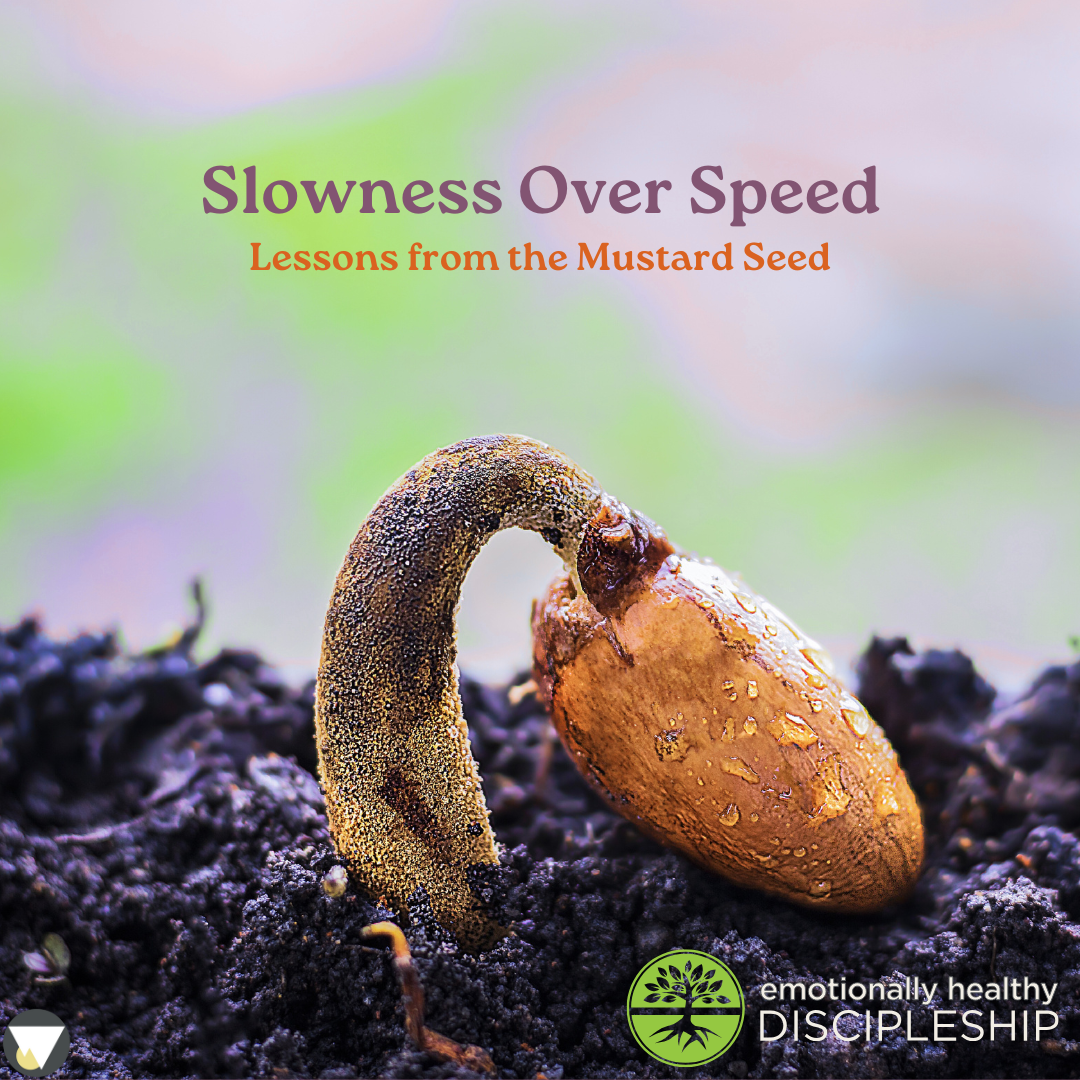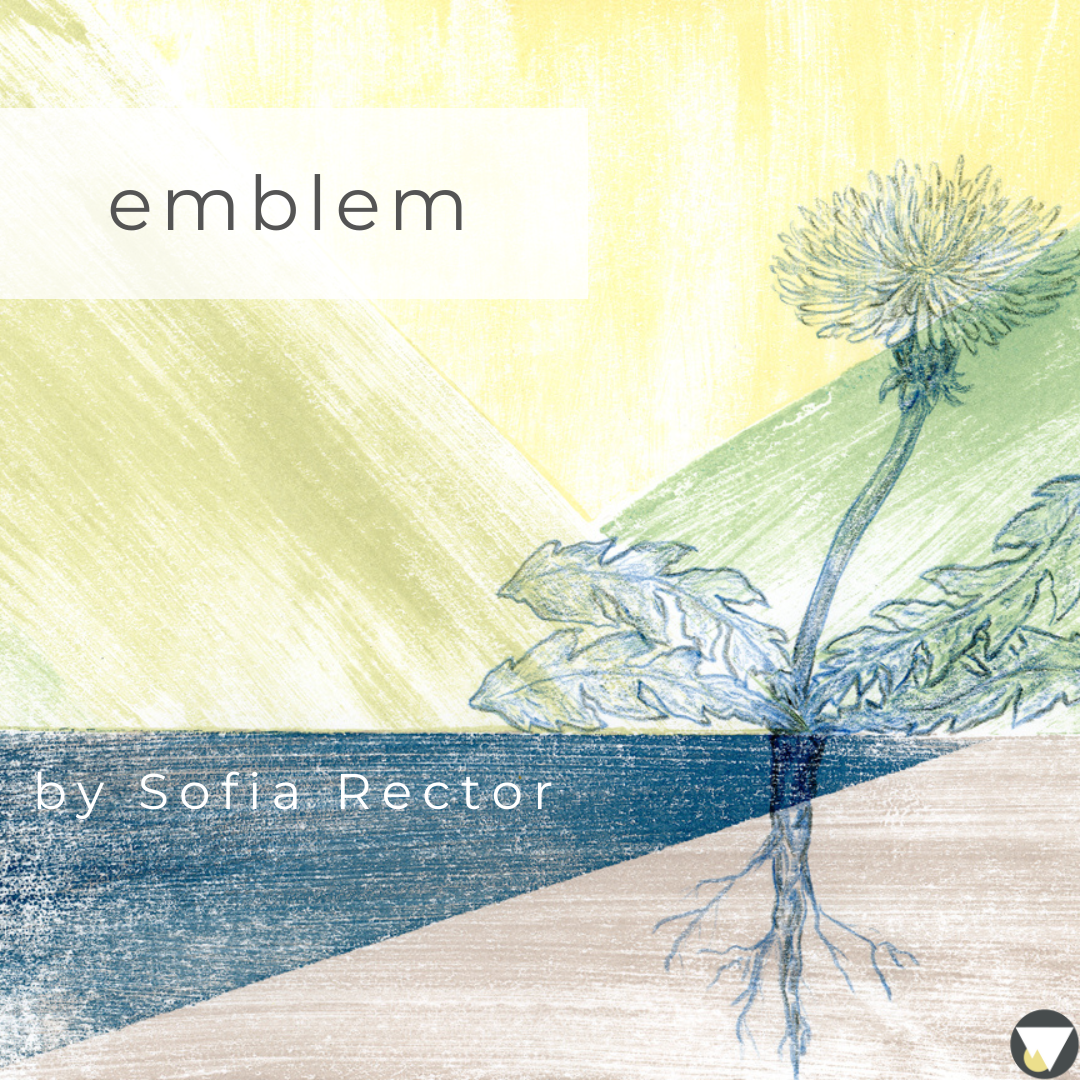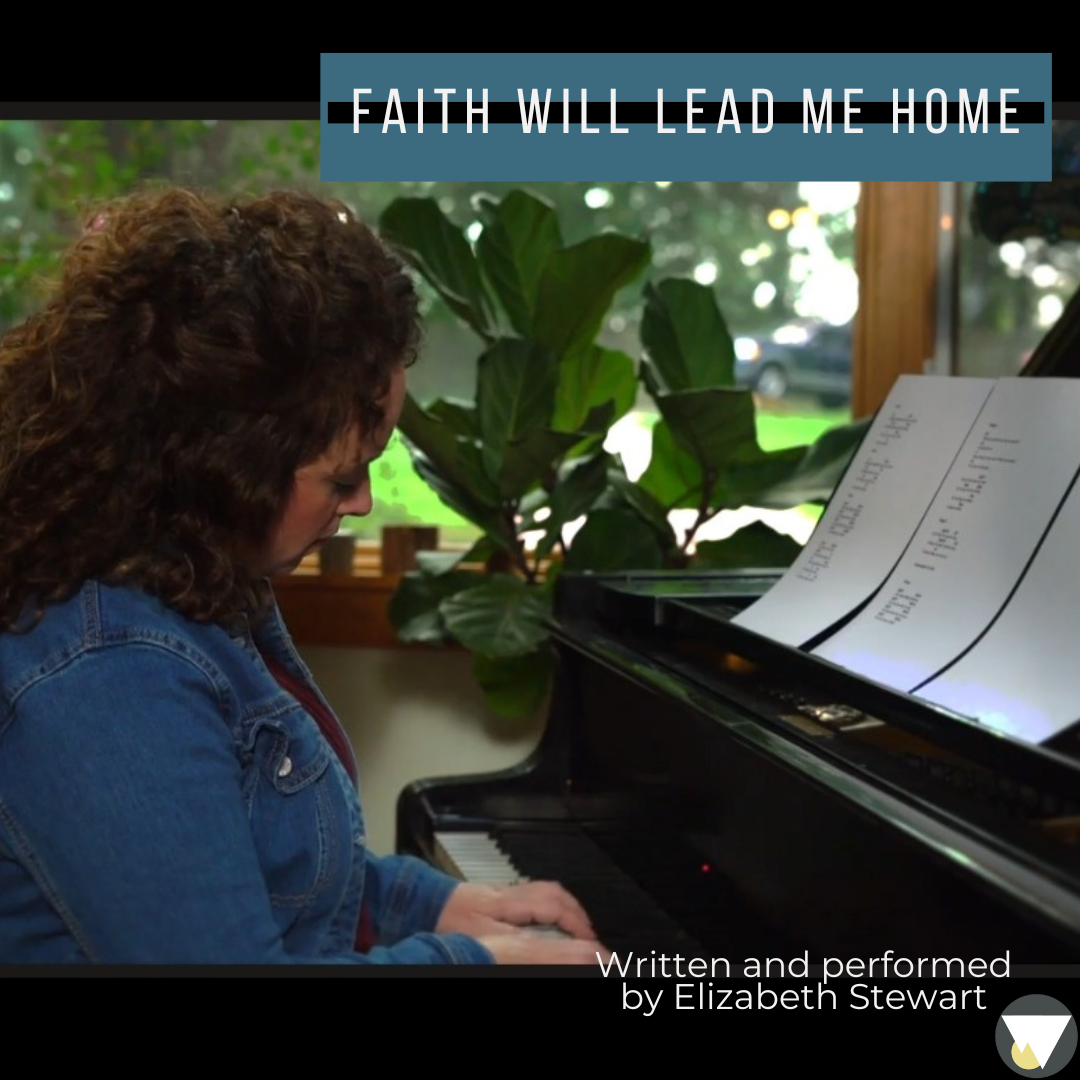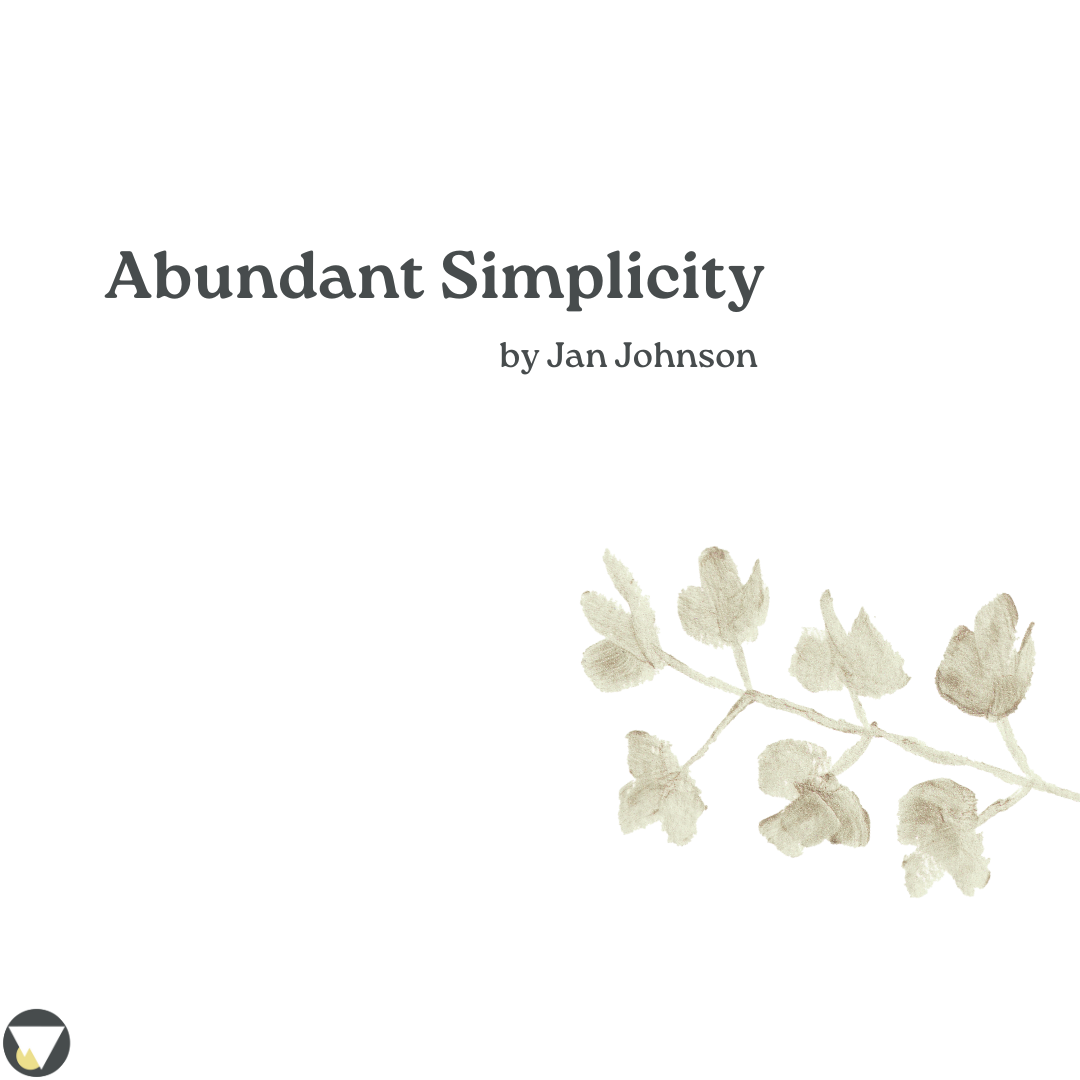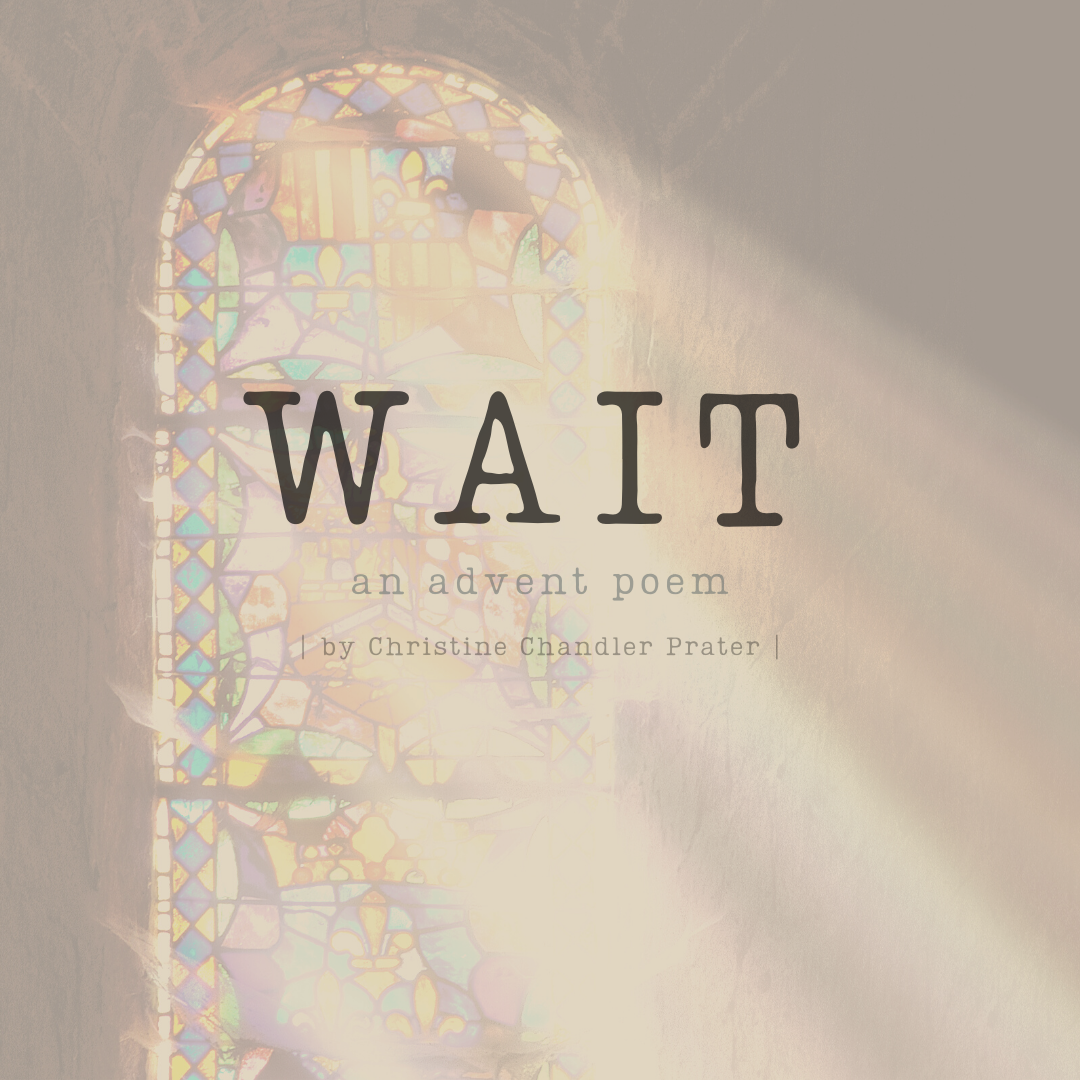The Musicality of Mutuality
by Elizabeth Stewart
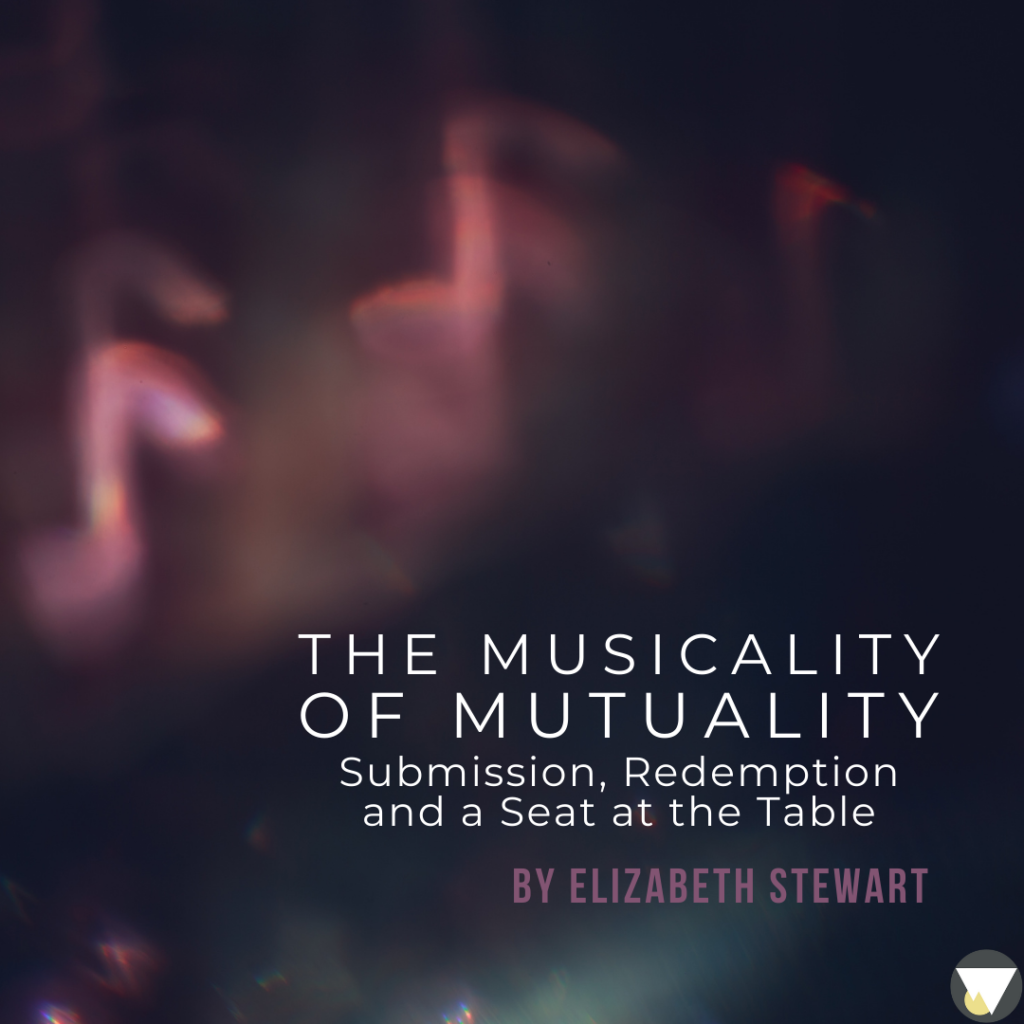
When my childhood friends played House, I played Adventure. On one occasion my bewildered playmate just stared as I swaddled myself in sheets like a Roman Empress and went stomping about the basement, one corner being designated as France (where I tragically lost my first husband) and another corner assigned as an Eastern country where, unfortunately, my second husband was nearing his end in a battle with Scarlet Fever. I can still hear my mother coming down the stairs (did she know she was rescuing a third marriage?). “Elizabeth. If you cannot be nice, and find a way to play House,” (my little companion clutched her three Cabbage Patch dolls to her chest with one hand, and, wide-eyed, steadied herself on the Strawberry Shortcake Kitchenette with the other), “I am going to take your friend home. Immediately. Do you understand?” I must have failed because not thirty minutes later, my playmate went home.
When my now husband, Michael, walked into my life he was so blessedly different from anyone I had ever met. He didn’t think playing House and playing Adventure were mutually exclusive—in fact, he encouraged the partnering of those things. I remember I loved his deep voice. I loved his dark, piercing eyes and jet-black hair. I loved his beautiful hands and how they held books. I loved how kind he was to animals. I loved that he was the Opinion Editor for a newspaper and how he worked for an Archaeology institute. I loved his mad-scientist desk— pages scattered everywhere—and his Uni-Ball-Elite, all-upper-case handwriting. I loved how he somehow, almost magically, saw older people as if they were young again, and how he held small children, and how brilliantly—slowly—he would simmer a story and serve it in such a way that it was universally unforgettable. I loved that he was considering going to Seminary.
So, at twenty-five years old, and donning fresh nuptial vows, one memorable day I cleaned off the old breakfast table my parents had gifted us (and, most assuredly, their parents had gifted them). I tried for the two hundredth time to remove the fuzzy, sticky tablecloth remains from whatever cheap, crinkly, vinyl number someone had carelessly laid (wet), on what was a lovely wooden surface—thus ruining the top. I scrunched my face, and inwardly chastised whoever had flubbed my one piece of real furniture. I laid a red tablecloth over the top and, once again, pretended the fuzzy-sticky-problem wasn’t there. My husband came downstairs with his Bible. I poured the coffee. This was to be our first Bible study together as a married couple and I was excited. He loved the Bible. I loved the Bible. He was a scholar and a talent. I was hungry and voraciously interested. The Scripture he suggested? Genesis 2.
Before I unveil one of the more unflattering sequences in our marriage, perhaps I should rewind the tape. Early in my life—as early as fourteen years old—I was repeatedly shoved into corners by a deacon in our tiny, southern church. This “man of God” groomed me through the final years of my childhood and continued to torment me throughout high school. For a season, he decimated my confidence, hope, and sense of value. For reasons unknown to me then, I would repeatedly ideate about driving my car off the road. I pulled my hair out in my sleep. I began having debilitating muscle pain. I begged God for mercy and vilified myself for how very stupid I must be for getting myself into such a fix.
So, years later, when innocent, unsuspecting Michael wanted to talk about Genesis 2 and explore the word “submit” together—rage broke through.
Hot tears burned my eyes. I pushed back from the fuzzysticky table and glared. “Let me be clear,” I growled. “I…will submit to no man.”
elizabeth stewart
I have a blurred memory of the pain on his face. I remember he shut his Bible, and slowly zipped the brown, leather cover. And so, seventeen years later— through the birth of two children, his entire M.A. program in Biblical Studies, the gruesome death of my father, two excruciating miscarriages, and his own mother’s cancer journey—we never spoke of that moment again. Until recently.
One of the final courses for my own master’s degree was called Women in Ministry Leadership—a class taught by Dr. Sandra Glahn at Dallas Theological Seminary. We read about Christian women throughout history who demonstrated jaw-dropping eloquence and courage. We learned, in detail, about biblical, female characters with public, dynamic, assertive roles.
Could submission in the Bible mirror these kinds of women instead of the pale, silent, whatever-you-say version I was so terrified Christianity was demanding of me?
Elizabeth Stewart
One of my most compelling moments that term was in my discovery of Paul’s “psalms and hymns and spiritual songs” which he encouraged just prior to his writings on marriage. “Music…”. I said to myself. “Music is in the same section as…submission.”
Music has been my long-time ally. Only in music can humans sing different pitches as one voice—united, but entirely their own. In music, you stagger your breathing in order to create the illusion of a single line—when one must take a breath, the other takes over. In music, you submit your voice and hands to the conductor, as well as to the musicians around you. Musical submission has to do with being keenly aware, as well as becoming skilled enough to make adjustments at a moment’s notice. My entire life’s training had to do with “submitting myself” to a Master Teacher in order to better reflect the composer’s intent. This I understood. This I could embrace.
I now believe that scripture, like music, is a picture of oneness, not of ranking or domination. Seen in this light, passages such as Genesis 2 and Ephesians 5 describe how a couple can form a healthy, loving, breathing, duet— constantly submitting to one another, but ultimately, with eyes on the Conductor.
Elizabeth Stewart
This fall, Michael and I were asked to speak at The Free Grace Alliance’s conference in Keller, Texas together. It was the first time we had ever had this opportunity, and I was so enthusiastic, I even took a picture of our briefcases side by side in the rental car. On Tuesday, I titled my session: “Rooted in Worship: The Impact of the Invisible Life.” Michael saved me from a near technical disaster. He then sat on the front row and cheered me on. On Wednesday, we traded places. This time, I enthusiastically sat on the front row. Michael titled his session, “The Difference It Makes: Grace and Work in the Garden.”
“Open your Bibles to Genesis 2” I heard his deep, unchanging voice say. I sucked in a quick breath before the first hot tear slipped down the tip of my nose. And then another. I felt the grief of the nearly two decades prior caving in on me, and mentally found myself back at the fuzzy-sticky table. And I wondered if I would ever be the sort of woman who could play House nicely.
But this day was different. For fifty minutes, I listened to Michael elegantly weave the Hebrew through the Old Testament like a silver thread. He suggested that God rested man in the garden. He contended that tend and keep was better translated serve and obey. These were worship words, he said. Priestly words, even.
He said, “If man’s purpose was to rest in the garden as he worshiped God, his need for a helper wasn’t help in working the ground.” My tears ran freely now. “Woman was not created as a helping hand in work.” Here he paused and looked directly at me. “She was created…to be his partner…in worship.”
It was a moment of worship for us. A moment of rest in a newfound perspective.
We don’t even own that fuzzy sticky table anymore. Michael made a beautiful table for our family where our children do their homework and he and I laugh—and mourn. We pour coffee and wine and read books and feed our church. And now, I joyfully draw up a chair at the table my husband made, open my Bible to Genesis 2, and say, “I cannot wait to look at this passage with you.”
ABOUT THE AUTHOR
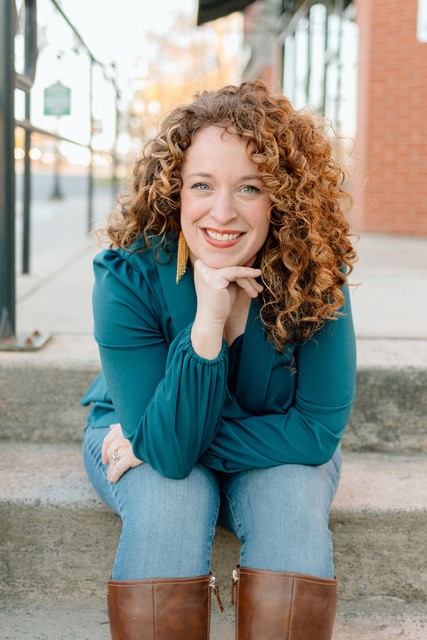
ELIZABETH STEWART
is the Worship Leader at GraceLife Church in the Charlotte, NC area. She earned her bachelor’s degree in music from Hunter College in New York City, and is completing her master’s degree in Biblical and Theological Studies at Dallas Theological Seminary in 2023. Elizabeth is the founder and leader of a mentoring group for women in their 20s and 30s called Take Root which meets weekly in uptown Charlotte. Elizabeth and her husband, Michael, live with their boys, William and John in South Carolina.
We love to collaborate with creatives. Connect with us to have your work featured on The Holy Shift.


